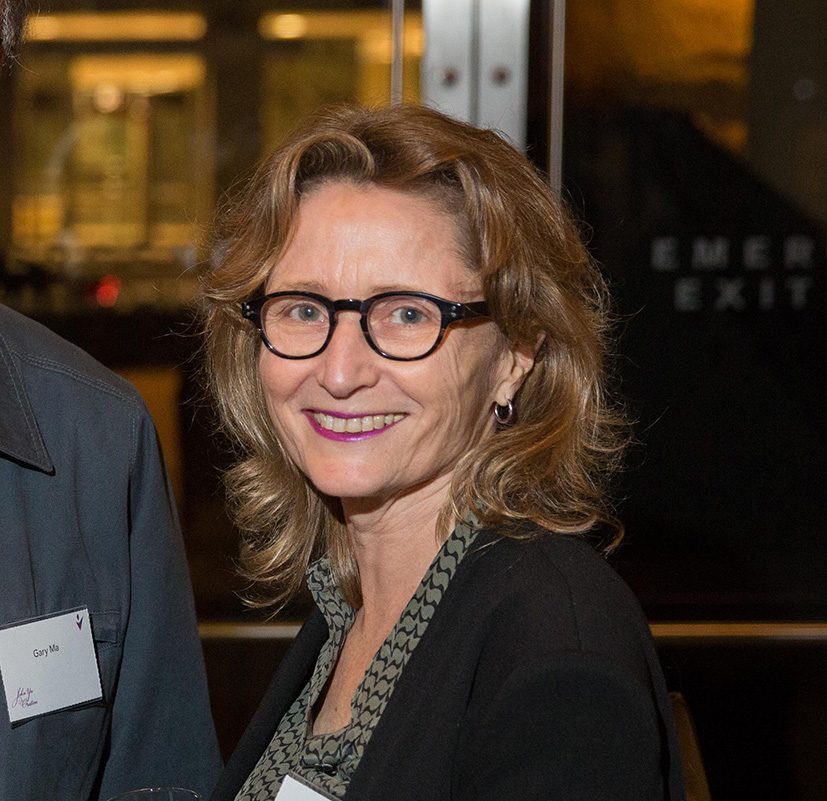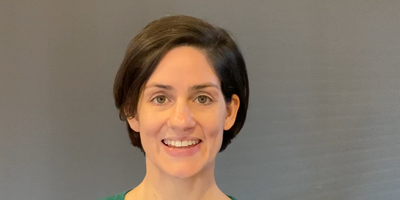
Gender and science at global summit
Principal Director of The George Institute for Global Health, Professor Robyn Norton has been invited to speak at a major global conference in November aimed at identifying and tackling sex and gender issues in science, research and innovation.
Gender Summit 9 Europe in Brussels, Belgium aims to open up dialogue on how an understanding of sex and gender issues in research and innovation can ensure sustainable and effective development. It is part of a series of Gender Summits around the world that examine evidence to promote consensus on where improvements are needed, who should take action, and how to deliver change. They aim to determine which gender equality interventions work well, and explore how the gender dimension can be effectively integrated into research and innovation.
Prof Robyn Norton will appear at a session titled “Tackling gender inequalities in Health”, where she and other leading experts will compare the health status of women and men across the globe, show evidence of gender differences in disease trends, and explain why health policies must target gender disparities in healthcare.
“Melinda Gates recently said ‘We cannot close the gender gap without first closing the data gap’, meaning high quality, sex-disaggregated data in health research will help us determine, first, whether differences exist between women and men; second, the underlying causes of these differences; and third, the impact of interventions to reduce them,” said Prof Norton.
“Sex-specific data in health research is an essential foundation for smart policy. The lack of such data to date has contributed to slower progress in achieving gender equality.”
Women’s health is a key area of research for The George Institute. In February 2016, The George Institute and Oxford Martin School called for global and national women’s health strategies to focus on non-communicable diseases, which kill more than 18 million women a year worldwide. In May 2016, we collaborated with the Indian Council for Medical Research to produce a policy report on framing women’s health issues in 21st century India. More recently, Dr Sanne Peters received a major project grant from the British Heart Foundation to examine the differences between women and men in how diabetes affects the risk of heart attack and stroke.



